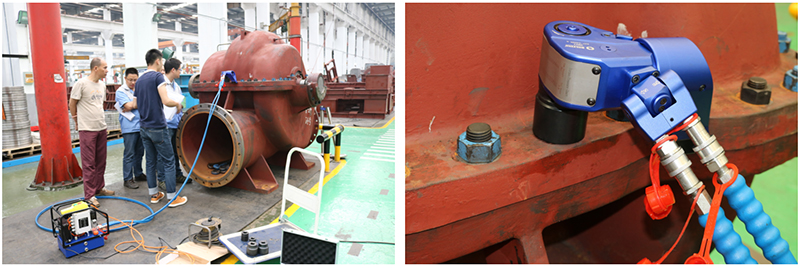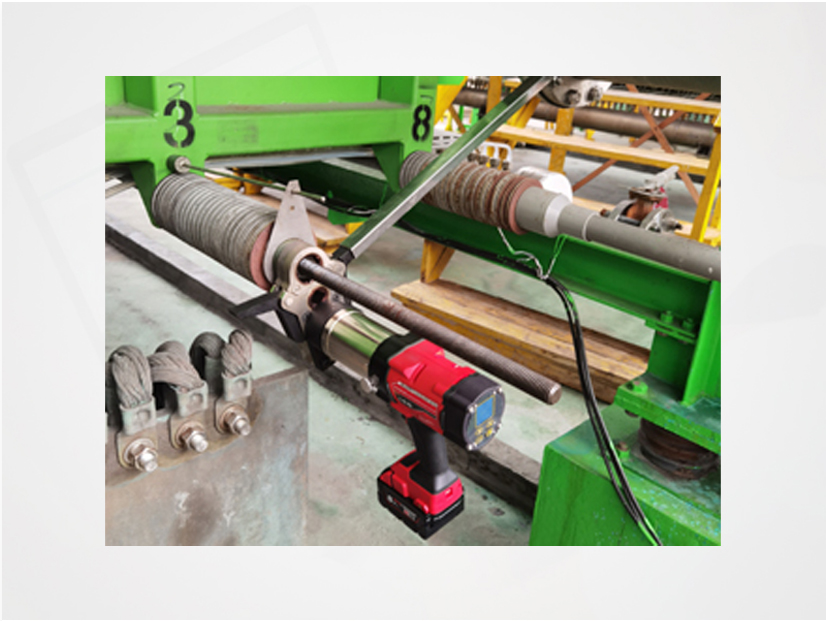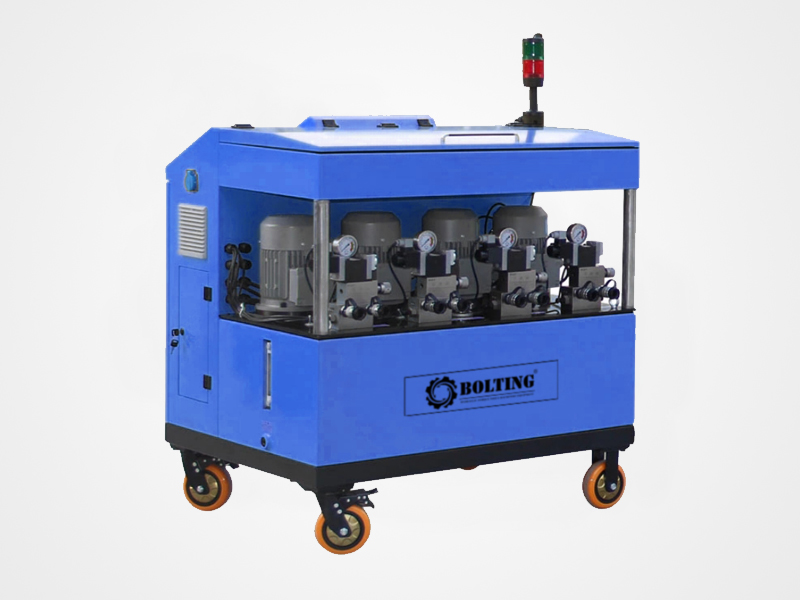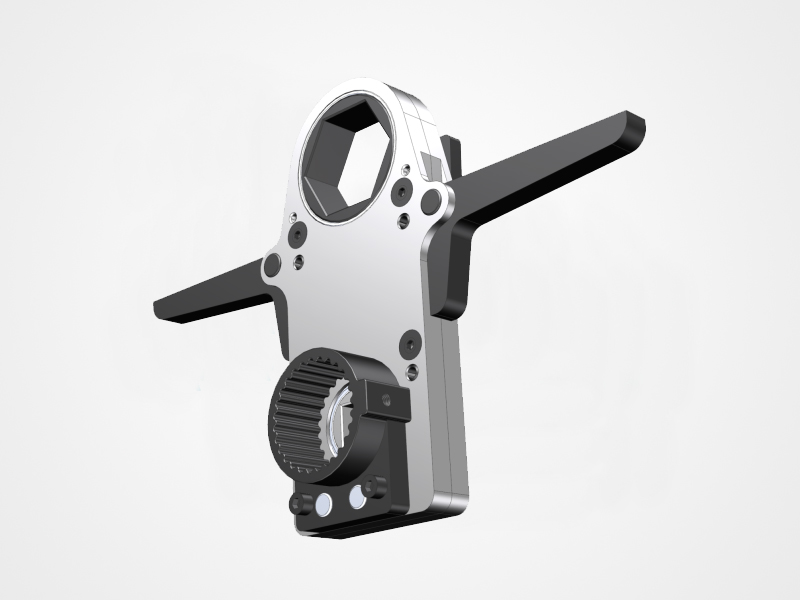Valve bolt tightening: hydraulic wrench or electric wrench?
News 2025-06-18
Recently, a customer inquired that they need to purchase a batch of torque wrenches to install and maintain equipment valve flanges. They are unsure whether to choose hydraulic or electric torque wrenches. They know we have rich experience on the construction site and hope to receive our professional advice. Today, I will share with you some of our experiences.

Comparison of wrench characteristics
Firstly, let’s take a look at the characteristics of the wrench. Hydraulic wrenches have a larger torque range and higher accuracy, and can operate up to four synchronously, making them particularly suitable for the disassembly and installation of large valve flange bolts. However, its speed is relatively slower. The advantages of electric torque wrenches are fast speed and simple operation, but the disadvantage is that the accuracy is not as high as hydraulic wrenches, and the output torque will change with the battery level, resulting in low reliability of valve flange installation.
Actual application scenarios
At the maintenance and installation site of the petrochemical project, we found a phenomenon: under the same torque and working environment, the flange torque of the valve installed with an electric wrench is not locked properly, and the probability of rework is high. And those installed with hydraulic wrenches have a high pass rate. Therefore, although many sites use electric hydraulic wrenches extensively to handle small valve flanges at room temperature and pressure in pursuit of speed, the important flange still trusts hydraulic wrenches more.
Reliability Requirements
Finally, we can be certain that hydraulic wrenches are undoubtedly the best choice for selecting torque wrenches based on reliability requirements. Although electric wrenches are faster and easier to operate in certain scenarios, hydraulic wrenches are still more reliable for fastening important valve flanges.



